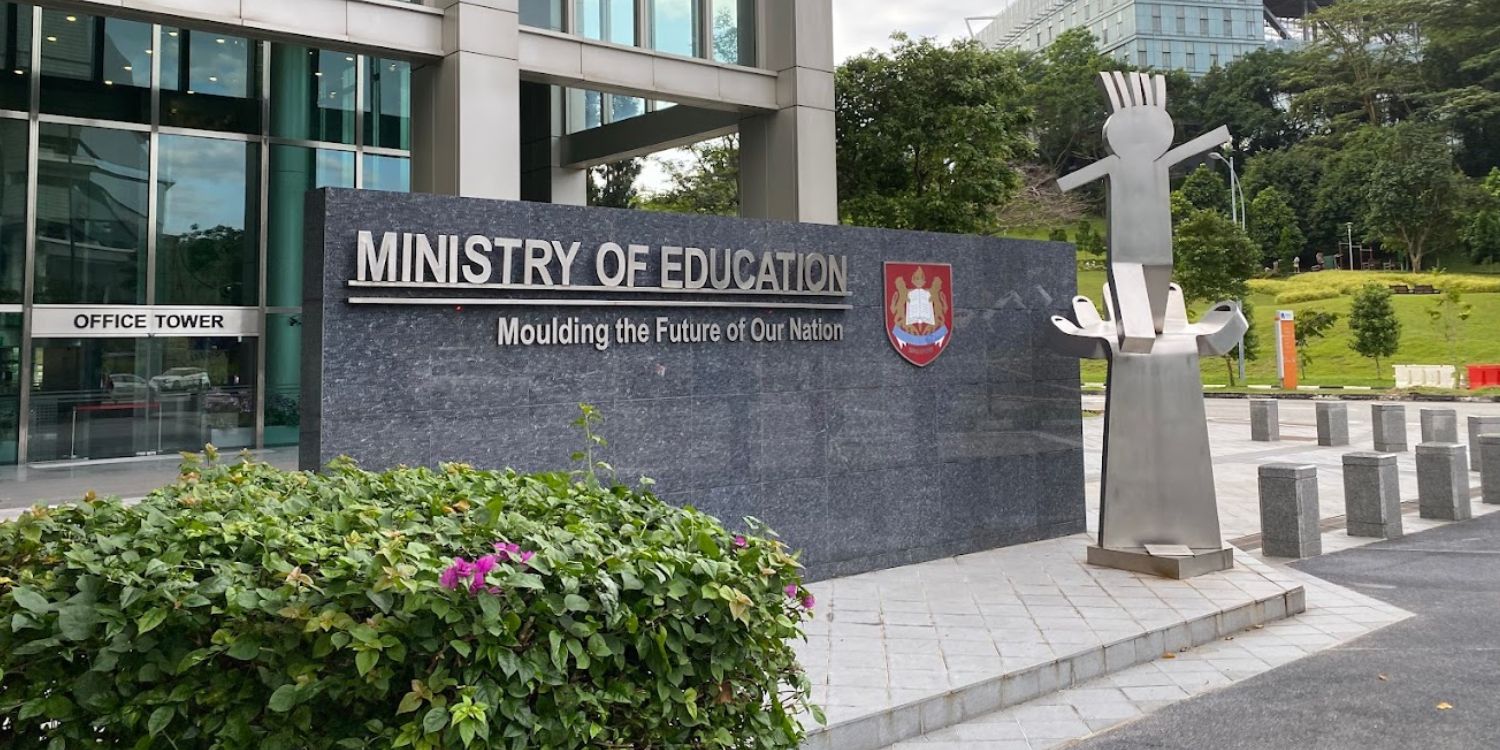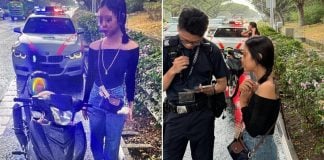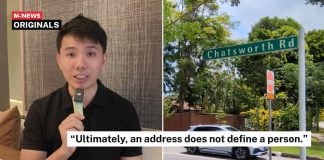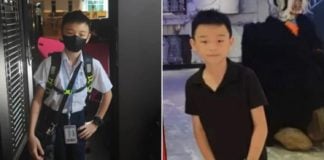MOE responds to parents’ concerns regarding Israel-Hamas lesson material in schools
The Ministry of Education (MOE) has said that lessons on the Israel-Hamas conflict by schools are meant to provide students with a safe space to learn about the issue.
This announcement comes after parents reportedly voiced their concerns regarding the lessons.
Replying to queries on the situation, MOE added that teachers do not impose their personal views on students while teaching about the subject.
MOE replies to parents’ queries about Israel-Hamas lesson material
Concerns had reportedly been surfaced by parents about lesson material in schools on the Israel-Hamas conflict, according to The Straits Times (ST).
Several parents had put up social media posts expressing their disappointment with the lesson material and how their children were learning about the conflict.
Education Minister Chan Chun Sing’s and MOE’s Facebook page received comments criticising the lessons.
There were open letters addressed to MOE as well, stating that students received information “lacking in accurate narration of historical events.”
Any attempts by students to correct misinformation were allegedly “ignored, shut down or, worse, punished”.
Responding to the concerns in a press release on 23 Feb, MOE said that their aim with including the lesson material was to provide students with a safe space to understand the complex situation.
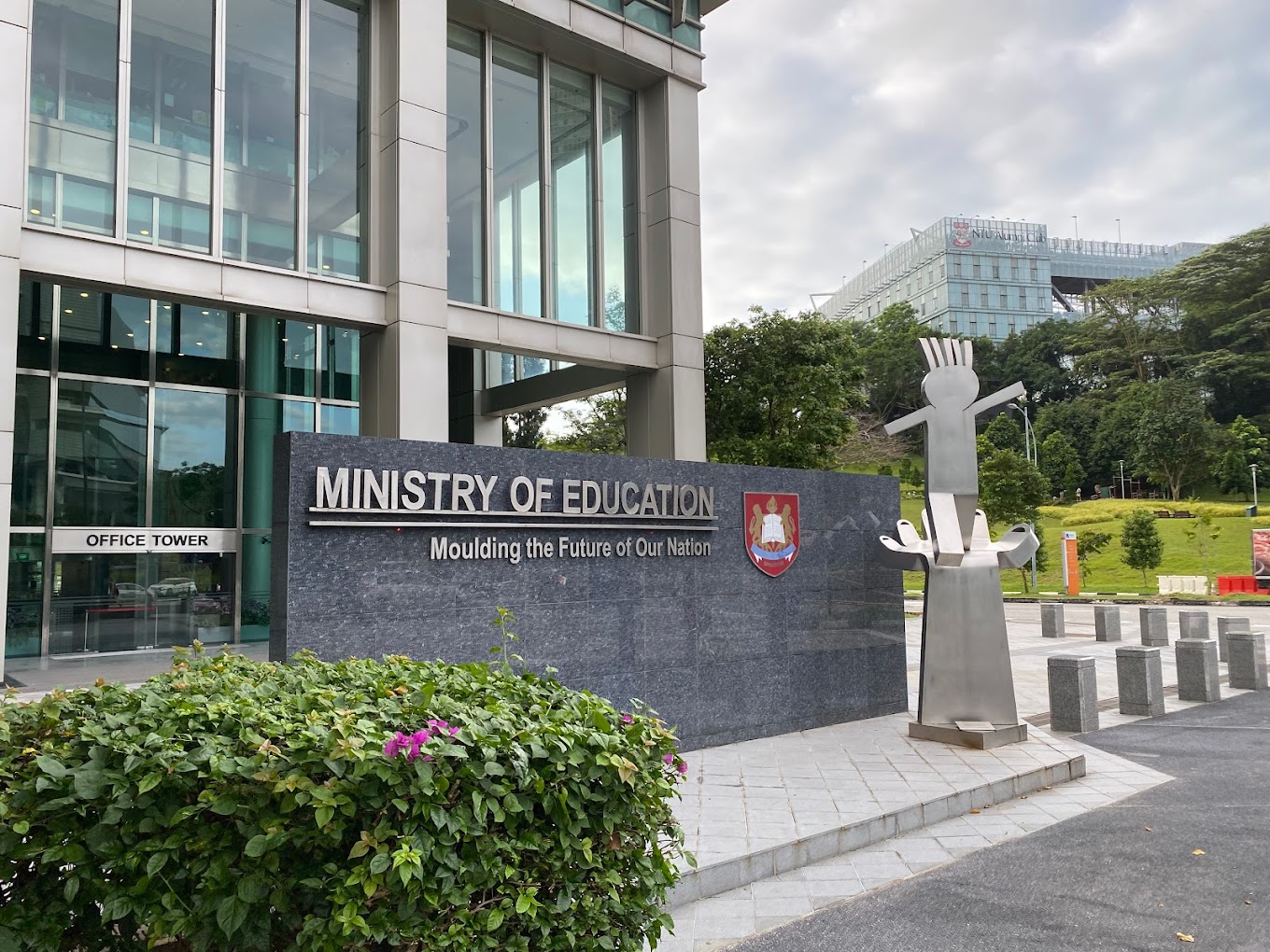
Source: Google Maps
It would also help them develop their own views, appreciate the diverse perspectives, and discern the information about the issue.
In addition, such lesson material would assist them in understanding the situation from Singapore’s perspective. This involves the need to preserve Singapore’s cohesion and harmony.
Teachers do not impose personal views on students
MOE added that teachers are trained to use age-appropriate methods to help students from upper primary to pre-university appreciate different dimensions of the issue.
The methods will also guide them to have sensitive and respectful discussions.
“In conducting these lessons, our teachers do not impose their personal views on the students,” MOE said.
“Nor do they advocate for the interests of any particular parties involved in the conflict.”
The ministry also noted that they differentiate their curated resources by levels for ease of use by educators.
For instance, teachers will focus on empathy for the conflict’s victims and the preservation of harmony and cohesion in Singapore’s multiracial society for younger students.
As for older students, additional focus includes verifying the sources of information. They will further learn to appreciate the diverse perspectives that people from different backgrounds may have.
Lessons are part of CCE curriculum
During these lessons, students have the chance to share their thoughts and express their emotions in a safe environment while being respectful and sensitive to others’ views.
“Our students are also encouraged to have constructive dialogues and channel their energies into positive actions,” MOE said.
“Our teachers also check in on the emotional wellbeing of our students and identify those that may require greater support. We do not poll the students on their beliefs.”
This lesson material falls under the Character and Citizenship Education (CCE) curriculum which supports the holistic development of students.
It includes the development of their values, social-emotional well-being, and citizenship dispositions.
CCE lessons, MOE stated, include discussions on several contemporary issues such as mental well-being and casual racism.
It also involves similar discussions on other global events besides the Israel-Hamas conflict, such as the Russia-Ukraine War.
Have news you must share? Get in touch with us via email at news@mustsharenews.com.
Featured image adapted from Google Maps.
